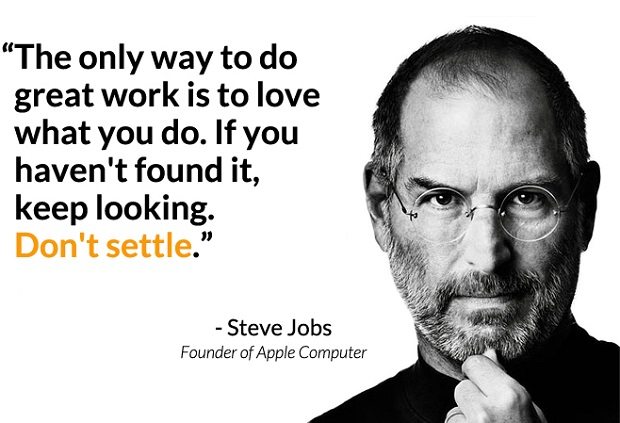Why People Should Love Their Work

By Mary T. O’Sullivan, MSOL
“To attract and retain the best people, we must redesign jobs around a simple but powerful concept: for the love of the content of the work itself”. – Marcus Buckingham, HBR
It may sound counterintuitive, but recent research has shown that we need to love our work. In fact, the most recent issue of Harvard Business Review is called “Designing Work that People Love”. The author of the main article, Marcus Buckingham is the Head of People and Performance Research at ADPRI, the ADP Research Institute. Among his findings are that according to the CDC, 71% of the 50,000 adults in the study, experienced at least one symptom of workplace stress, such as anxiety, body aches, or feelings of inundation and exhaustion. Add the stress and uncertainty of the pandemic and you now have more pain and apprehension to create the perfect storm for what we now know as “The Great Resignation”. People’s ability to engage on the job, morale, and their resiliency to change have never been at a lower point.
By digging into the facts, ADP’s findings show that whatever techniques employers have used to lure people back to work, like perks or higher pay, still failed to reverse the “quitting” tide. It seems that employers have overlooked or completely missed the point of why people have had enough. Fortunately, there were three key items that the ADP study uncovered which revealed the “human” side of work, or why people want to stay on the job: if they could answer these questions positively.
- “Was I excited to work every day last week?”
- “Did I have a chance to use my strengths every day?”
- “At work, do I get a chance to do what I’m good at and something I love?”
What does this mean for employers? It seems ADP uncovered the fact that people no longer want to be viewed as “slots”, just a warm body to fill a role. As if it needs to be repeated once again, employers need to put the “human” back into their hiring process. People no longer see themselves as cogs in the big wheel of their organizations. The author maintains that if people can “love” at least 20% of what they do, even if it’s working in a slaughterhouse, people will stay on the job. Incredibly, the study found housekeepers at Disney said they loved their jobs because Disney allows them to be “creative’ in how they work.
What do people want? Giants like Amazon and Walmart have begun to figure it out and now offer direct payment for college tuition. GEICO, Starbucks, and UPS are forgiving student loan payments or reimbursing them. Google, long a progressive place to work, allows for a certain amount of flexible time off to engage in personal projects outside of work. Cisco has initiated a “check in” process where four questions are asked weekly:
- “What did you love about last week?”
- “What did you loathe?”
- “What are your priorities in the coming week?”
- “How can I best help?”
In one year, Cisco had over three million check ins! If team leaders aren’t just going through the motions, and employees quickly understand the organization is serious about building trust, engagement dramatically rises, and turnover falls by 67%.
Before people rush back into the workforce, organizations need to project trust and willingness to make employee friendly changes. These companies will become attractive to talent. And they will deserve to employ the best people.
“’Normal’ led us into a workplace ecosystem that seemed designed to exploit us and stress us and reduce our agency. ‘Normal’ made us unhealthy.” – Marcus Buckingham
Connect with Mary:
www.encoreexecutivecoaching.com


